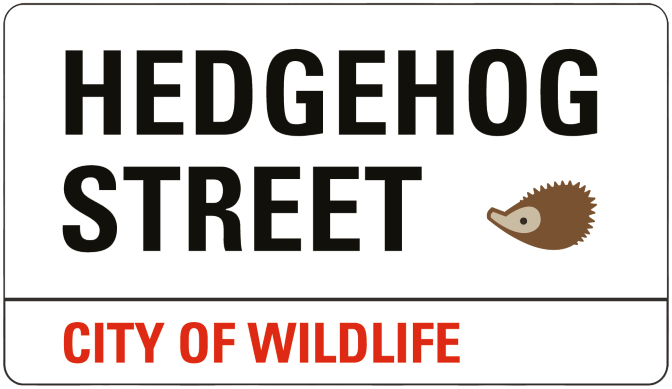Hedgehog Street People: Researcher Abi
21st March 2022
Abi Gazzard is a PTES and BHPS funded PhD student at the University of Reading. Her research looks at hedgehog conservation strategies in urban areas. We asked Abi about her work and future plans after recently submitting her thesis.
Join us for an online event chatting to Abi about her research findings.
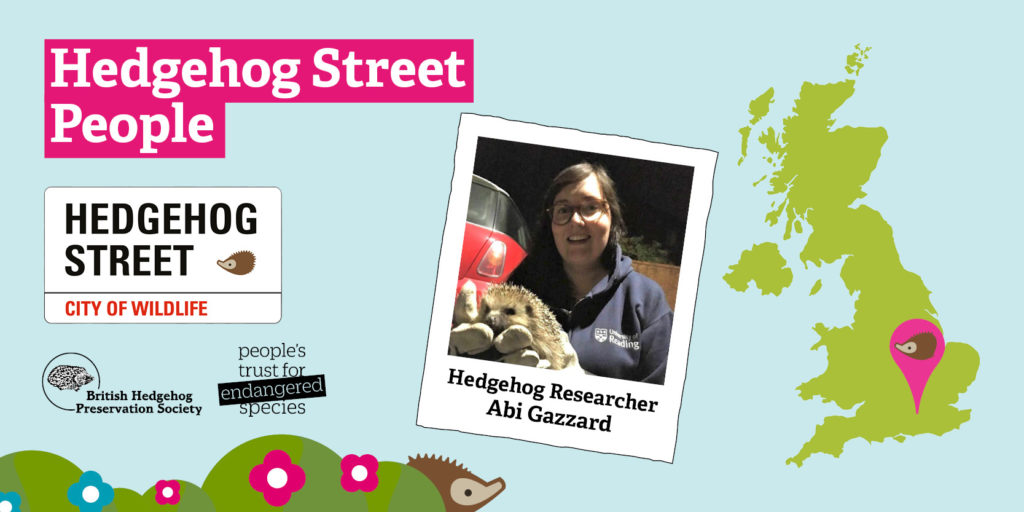
How did you get involved with studying hedgehogs?
I am coming to the end of my six-year PhD which focuses on urban hedgehog ecology and conservation. I carried out my MSc research project on hedgehogs at the University of Reading with my current supervisor. I was then lucky to have the opportunity to return for my PhD. As part of this research, I’ve surveyed hedgehogs in residential gardens to investigate which features might be important to them, and also looked into how we can help hedgehogs with nest boxes and hedgehog highways.
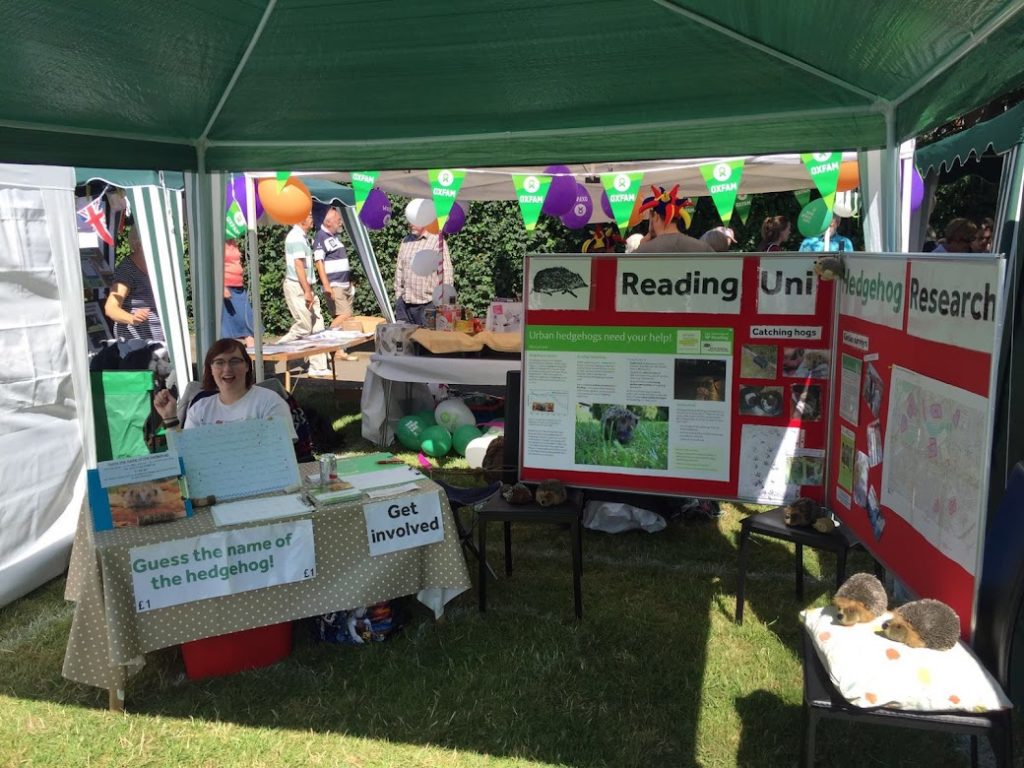
What do you like about them?
I like that hedgehogs are part of a primitive group of mammals which, despite having some quite generalist traits, also possess many endearing and quirky characteristics. I love their unusual appearance and the way that they can scuttle about, and also how much joy they give people!
Tell us the most interesting thing you have found out during your research?
It’s become clear that supplementary feeding is quite important to hedgehogs and a key influencer of hedgehog behaviours in gardens during seasons where they are both typically active (spring-autumn) and inactive (winter hibernation). Supplementary food could be a really valuable resource for vulnerable individuals, but more research is needed to understand the implications of this for hedgehog health, reproduction, torpor and survival.
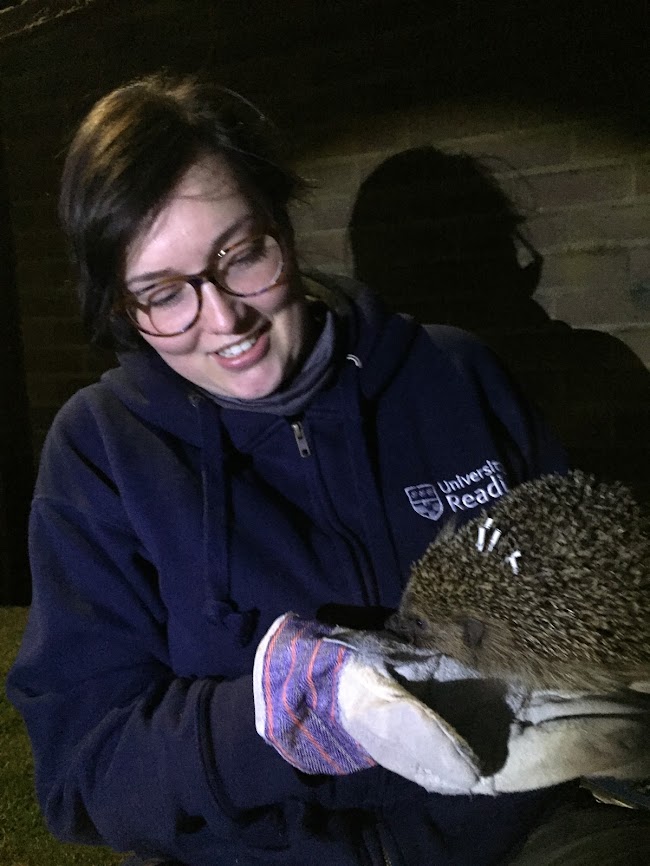
How will your research help with our understanding of hedgehog behaviour and conservation?
I hope my research can help householders to understand why hedgehogs might or might not be visiting their gardens. For example, I’ve been analysing factors that influence hedgehog activity in gardens, including the use of nest boxes. These projects also might also be stepping stones for future studies that are needed to look into how conservation strategies impact hedgehogs in terms of e.g. population change.
What’s the best way someone can help hedgehogs?
If you have a garden, the best thing you can do is ensure that it is accessible to hedgehogs on as many sides as possible with hedgehog highways. You could also make sure that your garden has suitable nesting sites by adding a nest box, shrubs and other bushy vegetation.
If you don’t have a garden, it’s still important to keep an eye out for hedgehogs in the wild (including in towns and cities) and log sightings on the BIG Hedgehog Map. It’s also very helpful to take part in “citizen science” studies wherever possible, including questionnaire surveys.
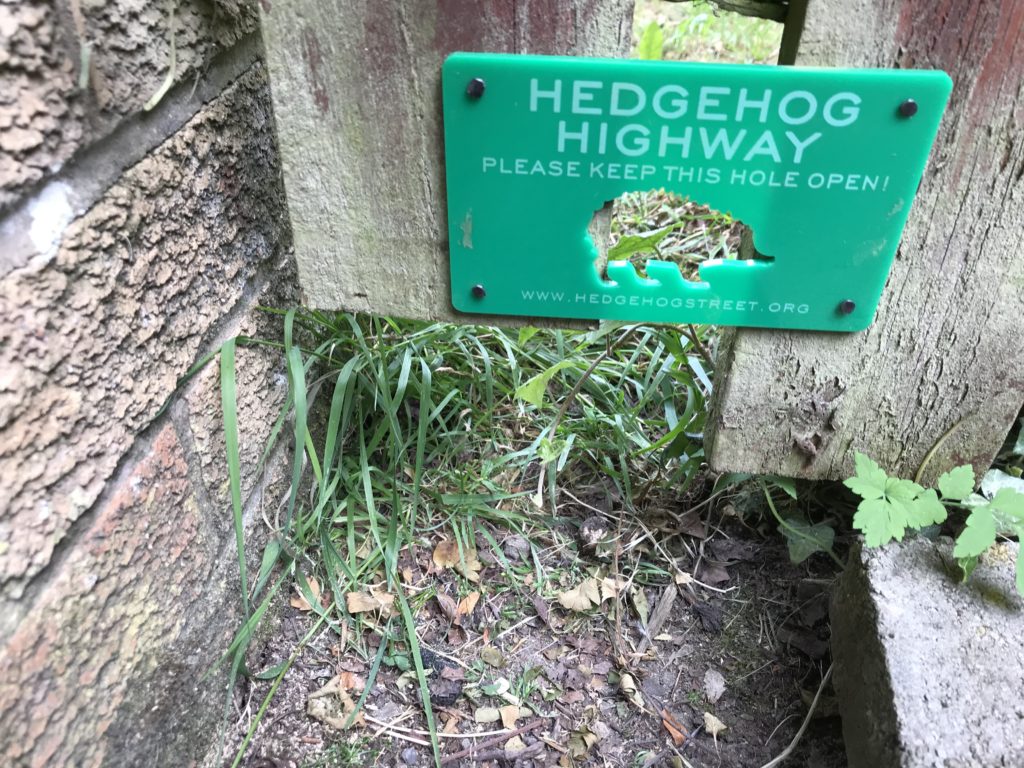
What research or project are you moving on to next?
We don’t know much about what makes a “good” nest box for hedgehogs, so that’s my next focus.
What’s the best experience you’ve had with wildlife?
Aside from tracking hedgehogs and sometimes encountering the same individuals in subsequent years (it’s always nice to “catch up” with them), I will never forget my time as a student with Universiti Sains Malaysia. I was introduced to loads of hands-on survey methods, and travelled around surveying birds, bats and reptiles with doctoral students. It was really fun!
And finally, what’s your favourite animal (apart from hedgehogs!) and why?
Of non-UK species: I’ve always loved tigers as, like hedgehogs, they have become important symbols of conservation. In terms of species found in the UK, I have a soft spot for common toads; they’re so gentle but so bizarre, and their migratory behaviour is really interesting.
